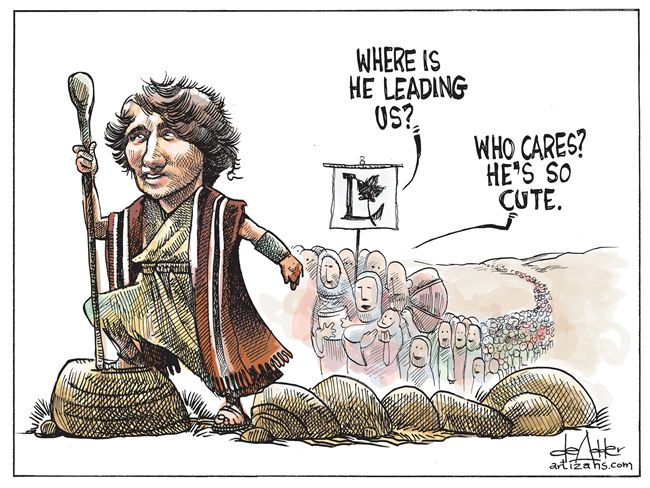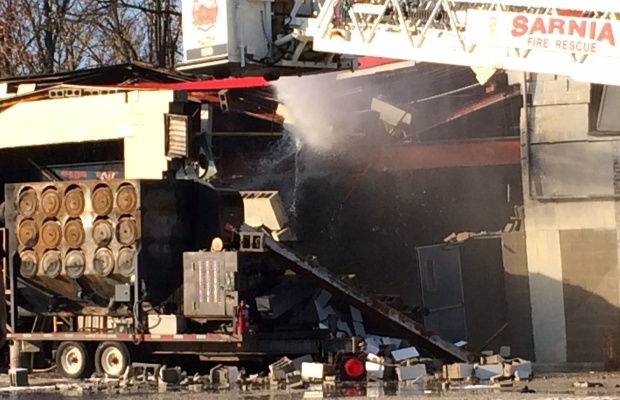Introduction by New Socialist Editors The social crisis in Venezuela


The editors of New Socialists asked three activists Hassan Husseini, Niloofar Golkar, and Russell Diabo to explain what the election of a Liberal majority means for their areas of social justice work. We’re afraid to hear that they are deeply sceptical that…
By Paul Kellogg
Alberta’s conservative finance minister Robin Campbell announced in February that his government was looking to slash nine percent from its annual budget in response to declining oil prices. The news caught few by surprise. Oil prices were collapsing in late 2014, and New Alberta Premier Jim Prentice, just before the holidays, cautioned about the economic and fiscal instability looming in that oil-dependent province. “We don’t know what’s around the corner”, he said. “We don’t know how long prices are going to be low”. He gave this advice to the province’s citizens: “it is a time to be careful on personal expenditures”. The next month, the premier went to Arizona and carefully bought himself a present – a vintage 1956 Ford Thunderbird, costing US$59,400 or about $71,000 Canadian.
By David Bush
At the end of 2014, RankandFile.ca, an online labour news publication, ran a competition for Scumbag of the Year. While we received many nominations of bad bosses and terrible politicians from across the country, unsurprisingly it was Stephen Harper who topped our readers’ list to win this prestigious award.

By James Cairns
On October 22, Corporal Nathan Cirillo was shot and killed in front of the War Memorial in Ottawa. Since then, his life as a soldier in the Canadian military has been celebrated in Parliament, in schools, in National Hockey League arenas, and in endless media coverage.
Three days after the death of Cirillo, an explosion at an industrial plant in Veolia, Ontario seriously injured five workers. One of the workers has since died. But the body of the dead Veolia worker will not be paraded past cheering crowds on the so-called “Highway of Heroes.” There will not be tributes for him in Parliament. The Veolia explosion has hardly been discussed in the media.
By James Cairns
It’s always good to see Conservatives lose. And Tim “Zillion Job Cuts” Hudak was the biggest loser on election night in Ontario. Hudak’s macho version of Austerity-by-Sledgehammer failed to win broad support. The Conservatives lost legislative seats, and their share of the popular vote dropped. Of course, they’ll be back, refreshed by a new leader, and perhaps by the directionally-intriguing “enema from top to bottom” Doug Ford has kindly offered to give the party. For the moment, however, I certainly am relieved not to be waking up in Premier Hudak’s province.
By James Cairns
The Canadian government has been a strong supporter of Israel since the country was founded in 1948 through the expulsion of most of the indigenous Palestinian population from their homes. In its friendly treatment of Israel, Canada has long played an important international role in covering up the violent dispossession of Palestinians and the apartheid system that maintains and normalizes their oppression.
By Zac Saltis
The contents of the federal budget unveiled by the Conservatives on March 29, 2012 are hardly shocking. In fact, this voluminous document sheds light on what strategies the Canadian state will be adopting to promote and facilitate capital accumulation in this era of economic stagnation and austerity for the working class.
By James Cairns
A lot of people are angry about the robocall scandal. Even by the low standards of the Harper Conservatives, the covert attempt to block thousands of people from voting in the 2011 federal election is pretty disgusting.
By Russell Diabo
On January 23-24 a Crown-First Nations Gathering (CFNG) was held between the Prime Minister and First Nations representatives.
By Joan Ruzsa
I remember when the Harper government first introduced a bill (then called C-15) to create mandatory minimum sentences for drug crimes. I was struck by something when reading the parliamentary debates on the issue. Not only did the opposition parties point to numerous position papers that discounted the efficacy of mandatory minimums, but even the Conservatives’ own research clearly showed that harsher sentences have no deterrent effect on crime.